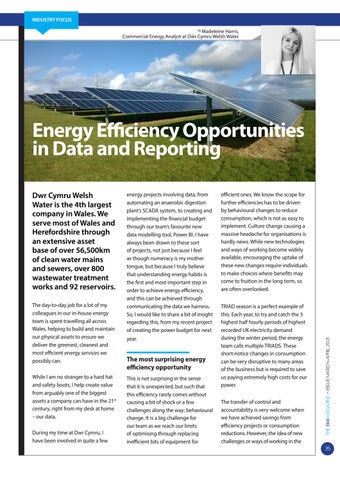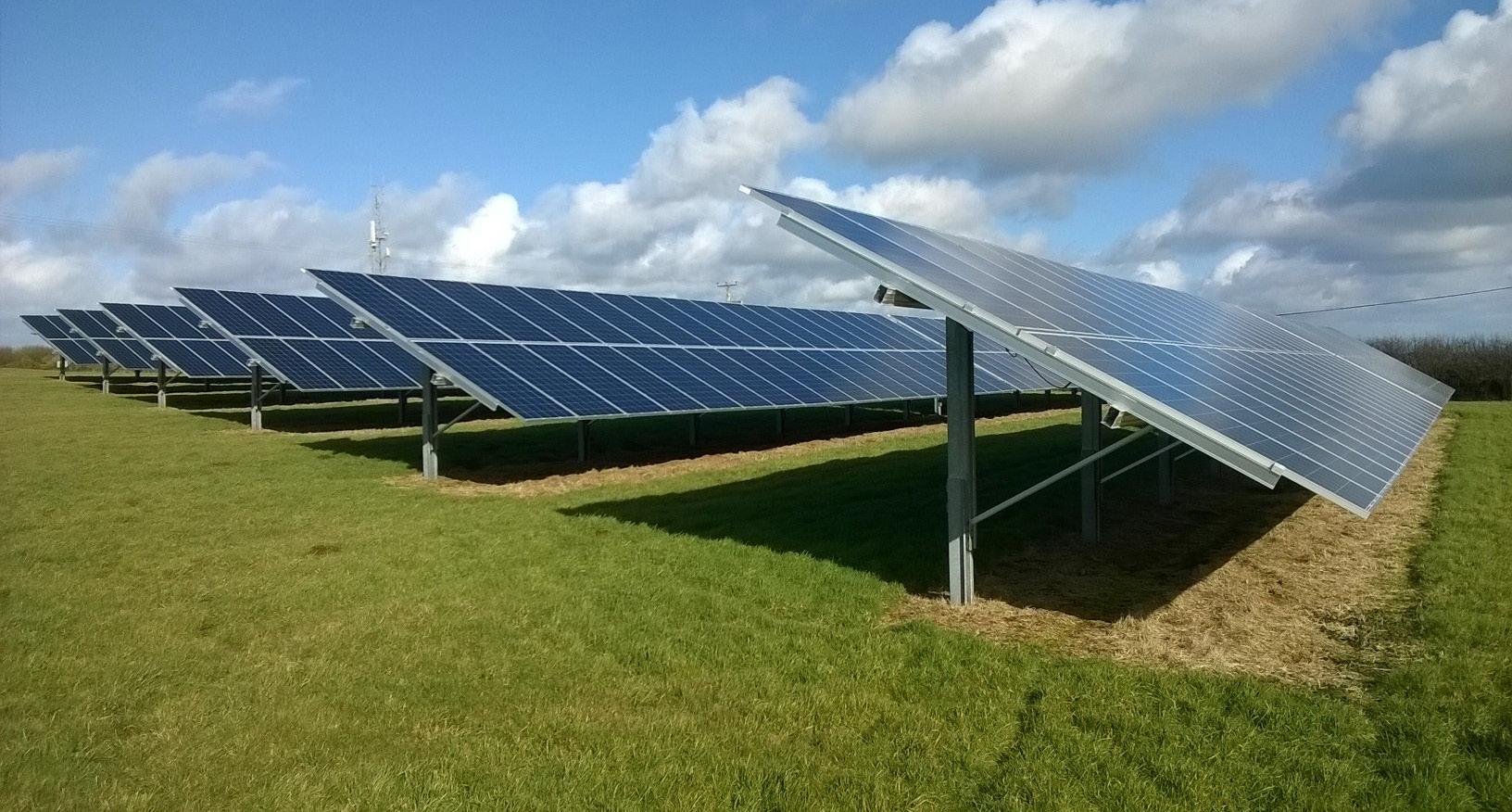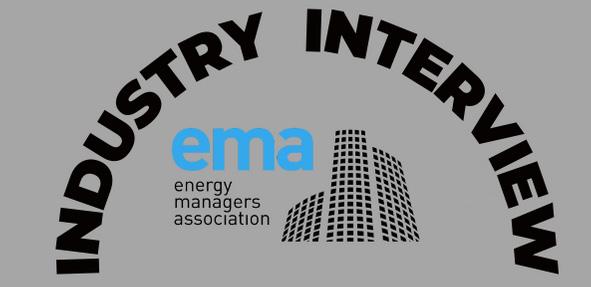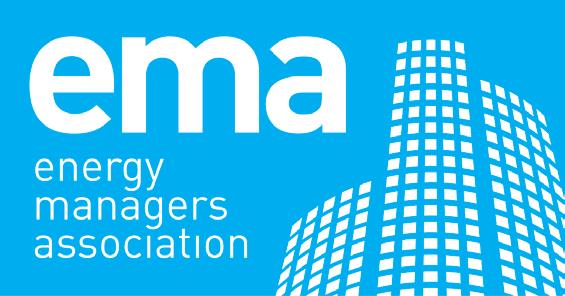INDUSTRY FOCUS by Madeleine Harris, Commercial Energy Analyst at Dŵr Cymru Welsh Water
Energy Efficiency Opportunities in Data and Reporting
The day-to-day job for a lot of my colleagues in our in-house energy team is spent travelling all across Wales, helping to build and maintain our physical assets to ensure we deliver the greenest, cleanest and most efficient energy services we possibly can. While I am no stranger to a hard hat and safety boots, I help create value from arguably one of the biggest assets a company can have in the 21st century, right from my desk at home – our data. During my time at Dwr Cymru, I have been involved in quite a few
energy projects involving data, from automating an anaerobic digestion plant’s SCADA system, to creating and implementing the financial budget through our team’s favourite new data modelling tool, Power BI. I have always been drawn to these sort of projects, not just because I feel as though numeracy is my mother tongue, but because I truly believe that understanding energy habits is the first and most important step in order to achieve energy efficiency, and this can be achieved through communicating the data we harness. So, I would like to share a bit of insight regarding this, from my recent project of creating the power budget for next year.
The most surprising energy efficiency opportunity This is not surprising in the sense that it is unexpected, but such that this efficiency rarely comes without causing a bit of shock or a few challenges along the way: behavioural change. It is a big challenge for our team as we reach our limits of optimising through replacing inefficient bits of equipment for
efficient ones. We know the scope for further efficiencies has to be driven by behavioural changes to reduce consumption, which is not as easy to implement. Culture change causing a massive headache for organisations is hardly news. While new technologies and ways of working become widely available, encouraging the uptake of these new changes require individuals to make choices where benefits may come to fruition in the long term, so are often overlooked. TRIAD season is a perfect example of this. Each year, to try and catch the 3 highest half hourly periods of highest recorded UK electricity demand during the winter period, the energy team calls multiple TRIADS. These short-notice changes in consumption can be very disruptive to many areas of the business but is required to save us paying extremely high costs for our power. The transfer of control and accountability is very welcome when we have achieved savings from efficiency projects or consumption reductions. However, the idea of new challenges or ways of working in the
THE EMA MAGAZINE • ISSUE MARCH–APRIL 2021
Dwr Cymru Welsh Water is the 4th largest company in Wales. We serve most of Wales and Herefordshire through an extensive asset base of over 56,500km of clean water mains and sewers, over 800 wastewater treatment works and 92 reservoirs.
35





